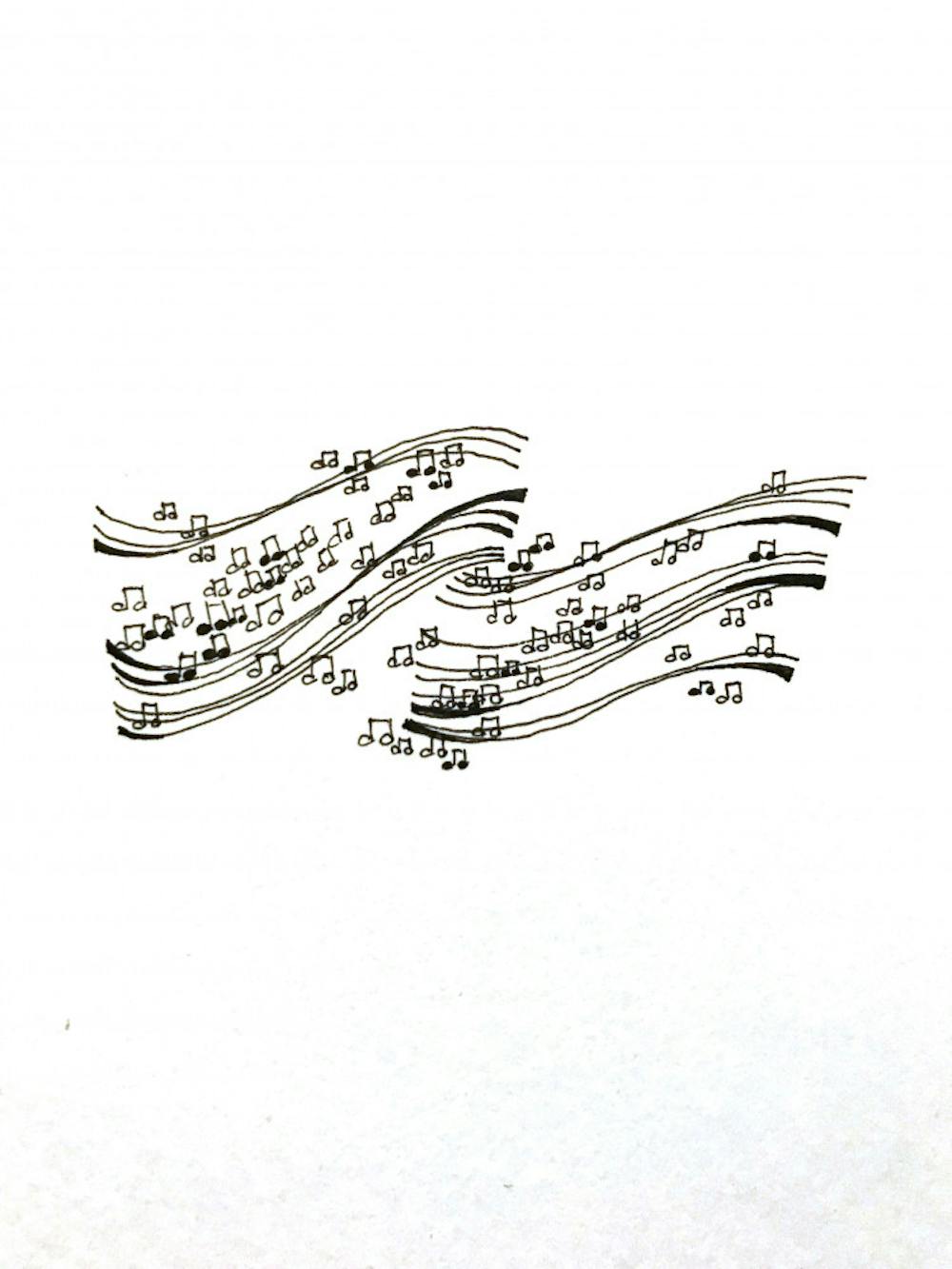The Music Modernization Act, a recently introduced piece of legislation under consideration by Congress, aims to revamp the musical licensing system, according to the bill. One of three recently proposed bills intended to regulate the music industry, the act focuses on songwriters and the royalties they receive when their music is recorded and reproduced (otherwise known as “mechanicals”).
If the act is passed, it would be a win for songwriters and their publishing companies, but may adversely affect streaming companies, Associate Professor of Music Marc Perlman wrote in an email to The Herald, adding that streaming companies may be economically strained or even put out of business. “We can be sure they will lobby hard against this bill,” he wrote.
Rhode Island Senator and co-sponsor of the Music Modernization Act Sheldon Whitehouse is hopeful that this act can improve the market for artists and possibly help the state of Rhode Island in particular.
“As more of us stream our music online, this bill will help make sure the songwriters who compose the music we love are paid fair value for their work,” Whitehouse said, according to a statement from his office. “Updating our licensing and royalties laws is a win for creators, publishers and fans of great music.”
In the bill’s own words, the Music Modernization Act is meant “to provide clarity with respect to, and to modernize, the licensing system for musical works … to ensure fairness in the establishment of certain rates and fees.”
The act hopes to address the failure of the free market to effectively regulate music prices. Every time a computer streams music, it copies the audio into RAM, which is a form of reproduction, Perlman wrote. Though the free market is expected to create a price that matches the demand for the product, the inexpensive nature of streaming music means that artists are frequently underpaid. On average, artists receive $0.006 to $0.0084 per stream for songs on Spotify, according to Time Magazine. With these numbers, 100,000 streams would result in a payout ranging from $600 to $840.
“Figuring out how much music is worth is a contentious business,” Perlman wrote.
The act would enlist the Copyright Royalty Board to “mimic” the free market process by setting prices for payouts to artists, though exact procedures are yet to be determined, Perlman wrote. The CRB had previously tried to regulate rates for broadcasting on the internet, but Congress reversed the decision due to webcasters’ complaints that the costs were too high.
While webcasters have fought against high prices for broadcasting, songwriters, performers and producers have voiced concerns that they are not getting a fair payout for their services. Jay-Z went so far as to create his own streaming service, “Tidal,” to combat the problem. According to Forbes, the rapper’s app is one of the top grossing on iTunes.
Alongside artists like Jay-Z, students on campus are affected by issues of music streaming regulation. Colin MacFaddin ’21 has been composing his own music since he was in the ninth grade. MacFaddin uses streaming apps notorious for low payouts, including Spotify and SoundCloud.
“I haven’t monetized either (account) because I personally believe my music wouldn’t be worth monetizing,” MacFaddin said. “I don’t think it would have enough views for it to actually have a payout.”
It is hard to compete with other artists and actually make money on these music platforms, MacFaddin said. Right now, he uses the platforms to share both his covers and original songs with friends.
This is the second attempt at passing the bill, which was introduced in the House in 2017. This act has been referred to the Senate Committee on the Judiciary.
One of the additional pieces of legislation introduced in Congress is the Fair Play, Fair Pay Act, which seeks to compensate music performers as opposed to songwriters. This act is focused on “performance royalties,” or the payouts artists receive when broadcasters play their music on the radio.





